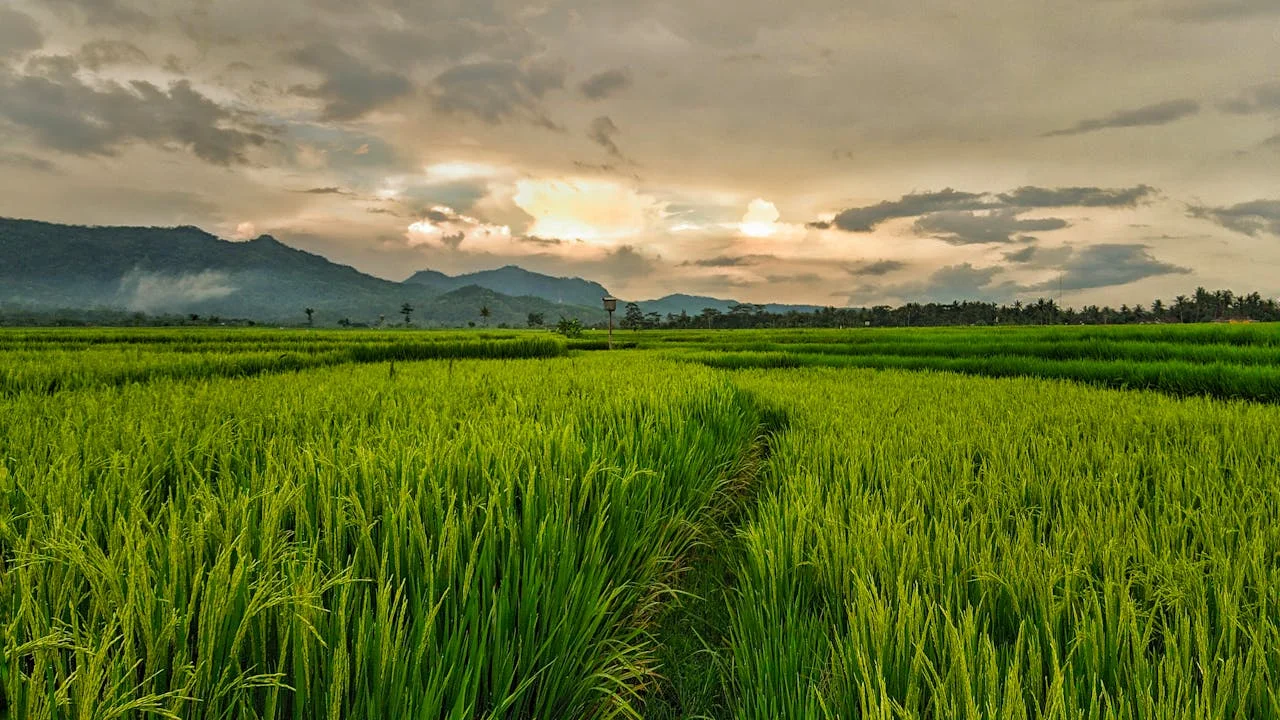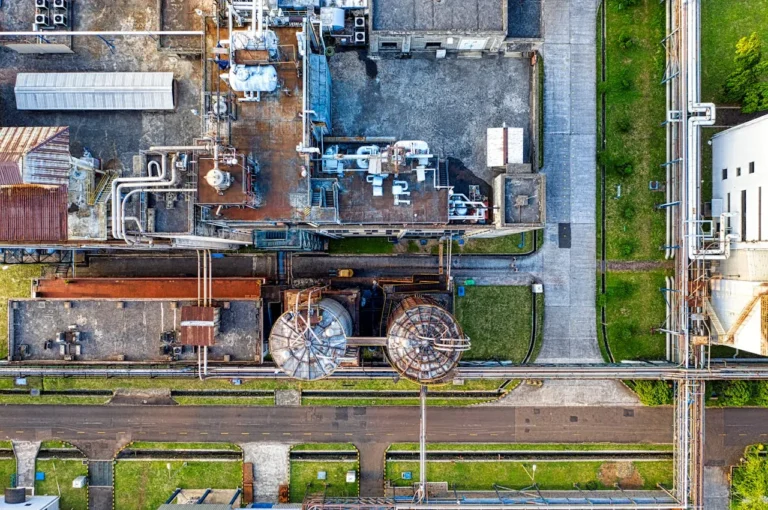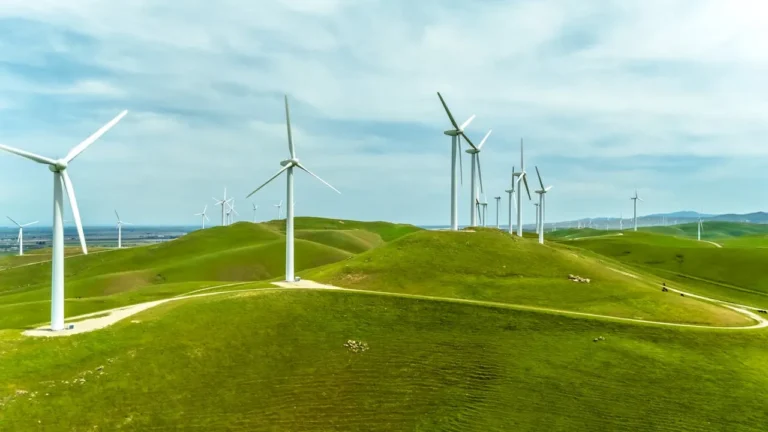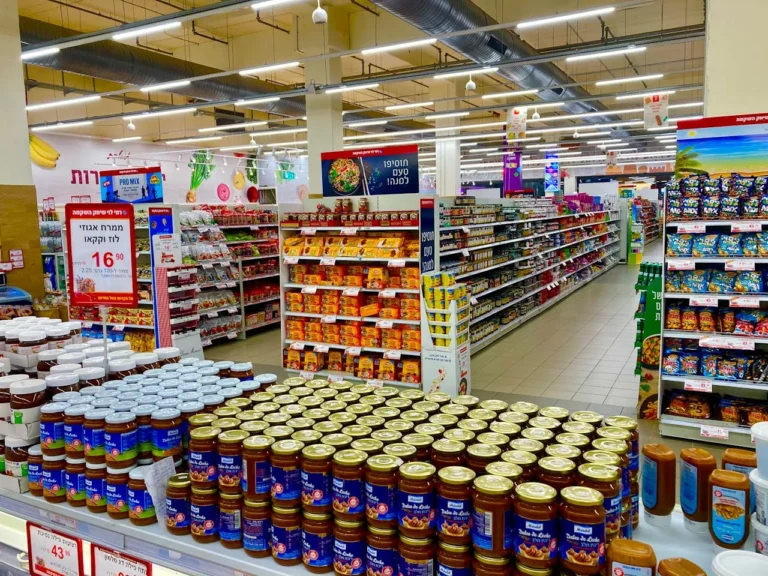
Nescafé, the renowned coffee brand under Nestlé, has recently unveiled its second Nescafé Plan 2030 Progress Report, highlighting significant advancements in sustainable agriculture. The report, which can be accessed as a PDF document of 12 megabytes, demonstrates a notable increase in the adoption of regenerative farming practices aimed at enhancing farm yields while mitigating greenhouse gas emissions.
In 2023, Nescafé sourced over 20% of its coffee from farmers implementing regenerative agriculture methods. This assessment is based on data collected and analyzed by the Rainforest Alliance across 11 coffee-producing regions where Nescafé acquires its coffee beans. Notably, farmers in countries like Honduras, India, the Philippines, Thailand, and Vietnam experienced a considerable rise in coffee productivity per hectare, ranging from 5% to 25% compared to 2022. The utilization of optimized fertilization and mulching techniques played a pivotal role in achieving these improvements. Furthermore, these practices resulted in a substantial reduction in greenhouse gas emissions per kilogram of coffee, with reductions ranging from 15% to 30%.
As part of the Nescafé Plan, 21 million coffee plantlets were distributed in 2023 to aid in the renovation and rejuvenation of coffee plots, consequently boosting productivity in coffee-producing nations.
Philipp Navratil, Head of Nestlé’s Coffee Strategic Business Unit, emphasized the Nescafé Plan’s commitment to securing the future of coffee, asserting that this initiative is central to Nescafé’s mission. Navratil also lauded the collaborative efforts with partners, suppliers, and farmers in coffee-sourcing regions, stressing the motivation to intensify such efforts.
To encourage widespread adoption of regenerative agriculture, Nescafé prioritizes knowledge transfer and expertise development. In 2023, more than 140,000 coffee farmers across 16 origins received comprehensive training in regenerative agriculture practices and technical assistance. Notably, in Honduras, 12,000 young coffee farmers were trained in entrepreneurship, quality management, and regenerative farming, thereby supporting the next generation of farmers in managing their farms more efficiently.
Recognizing the significance of peer-to-peer learning, the Nescafé Plan introduced an innovative online platform named Agrinest. This platform serves as a conduit for farmers worldwide to share knowledge and collaborate. Presently, over 1,600 farmers in Vietnam and 240 farmers in Indonesia are actively utilizing Agrinest, with a surge in participation expected in the years ahead.




